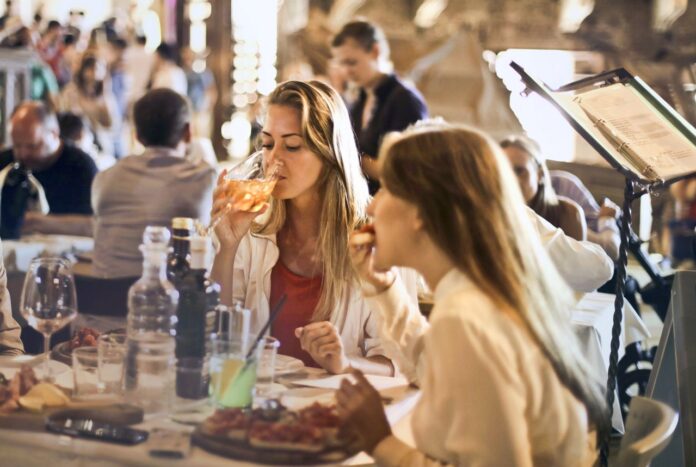The global market for frozen food is expected to grow to 322 billion euros by 2026. Although the demand is growing globally across all age groups, it is especially popular among younger consumers.
“Frozen food is an ideal way to prolong shelf life without losing out on the vitamins. It is also an excellent way to combat food waste. This is important as up to 9 % of global carbon emissions can be attributed to food waste, especially fruit and vegetables”, says Dudley Jones, Consumer Sales at Walki.
Walki is introducing a broad portfolio of different materials, including printed solutions, to suit the needs of the frozen food market with the aim of making the packaging fully recyclable in the paper stream.
“Frozen food places high demands on the packaging. It needs to be both sturdy and puncture-resistant to handle diverse situations like pressures of sealing and mechanical tear during transportation. The packaging also needs to withstand variability in temperatures as some frozen food is defrosted in its packaging”, explains Jones.
Walki®EVO Seal and Walki®Opti Seal are recyclable paper-based packaging intended especially for pillow-pouches for frozen food. Walki®EVO Seal has a dispersion coating as barrier against water vapour and grease while Walki®Opti Seal has an optimised PE-extrusion coating.
“The dispersion coating makes Walki®EVO Seal recyclable in the waste-paper stream without any separation process, while the minimised PE-coating on Walki®Opti Seal makes it suitable to be recycled with paper with an acceptable fibre yield”, says Andreas Rothschink, Head of Product Development at Walki.










